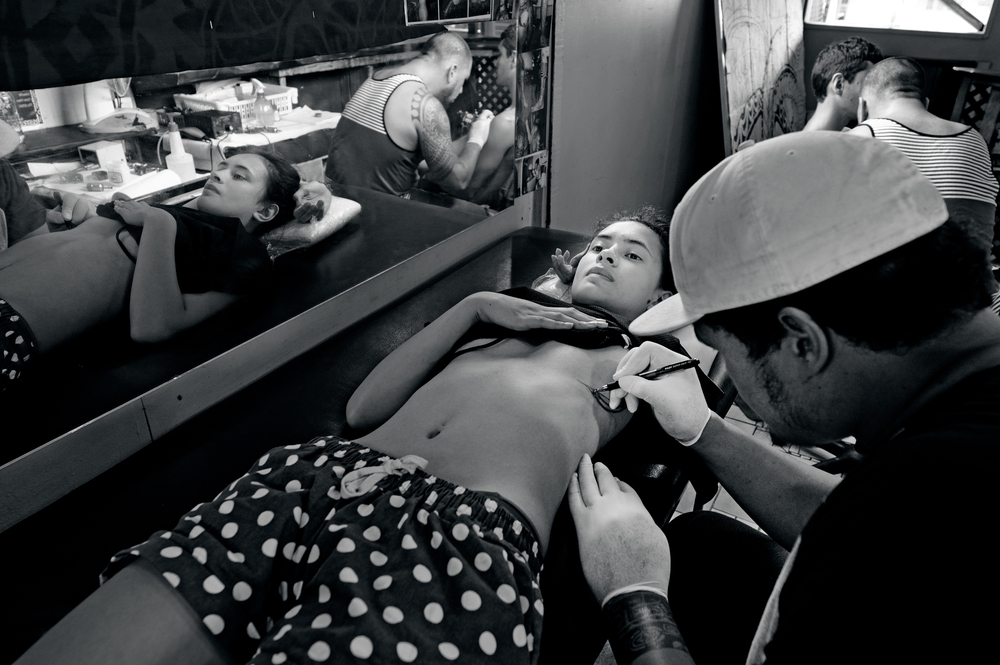
HALIFAX — When Alec Falkenham was getting his first tattoo, he was already thinking of ways to remove it.
Not that the PhD student at Dalhousie University has any regrets about getting inked. But he saw a connection between his pathology work and the tattooing process.
“Being a scientist, I was very interested in how a tattoo worked,” he said.
Falkenham said he realized he could use the same concepts from his work on heart cells to target cells containing tattoo pigment.
Now he says he has developed a topical cream that could eventually remove tattoos from people’s skin.
Falkenham’s method, which he calls bisphosphonate liposomal tattoo removal, is still in the research stages. But he says it could become an alternative to the current options.
“You’re destroying the skin in the process of all the other techniques I’ve seen so far,” said Falkenham. “What we’re trying to do is stay away from actually destroying the skin while still removing the tattoo.”
Falkenham’s cream allows a drug to penetrate the skin, killing cells that hold tattoo pigment while leaving the surrounding cells untouched.
He said laser removal, by contrast, heats the pigment, which can cause cells to rupture and lead to blisters and scarring.
But scarring is not always to be expected with laser tattoo removal, said Marina Munroe, who operates Clean Canvas Tattoo Removal in Halifax and performs laser treatments.
“It’s definitely a partnership when you remove someone’s tattoo,” Munroe said. “Not only does the session have to be done correctly, but the person has to take care of it.”
Laser removal at Munroe’s clinic generally costs $75 per square inch for one session. Munroe said most clients receive between three and six sessions, with effectiveness depending on the state of the tattoo.
The topical cream Falkenham is developing costs about 4.5 cents per square centimetre for each treatment. However, he cannot say how many treatments would be necessary because at this point he is only working on mice.
One in five Canadians has at least one tattoo, according to an Ipsos Reid poll conducted in 2012. The same poll says a tenth of the Canadians who get tattoos regret having them.
“We obviously have a lot of interest. I often hear from people asking if they can be a guinea pig,” Falkenham said, laughing.
For now, he and his research team are planning to move on to larger animals such as pigs. But Falkenham said he hopes the cream will eventually become a consumer product.